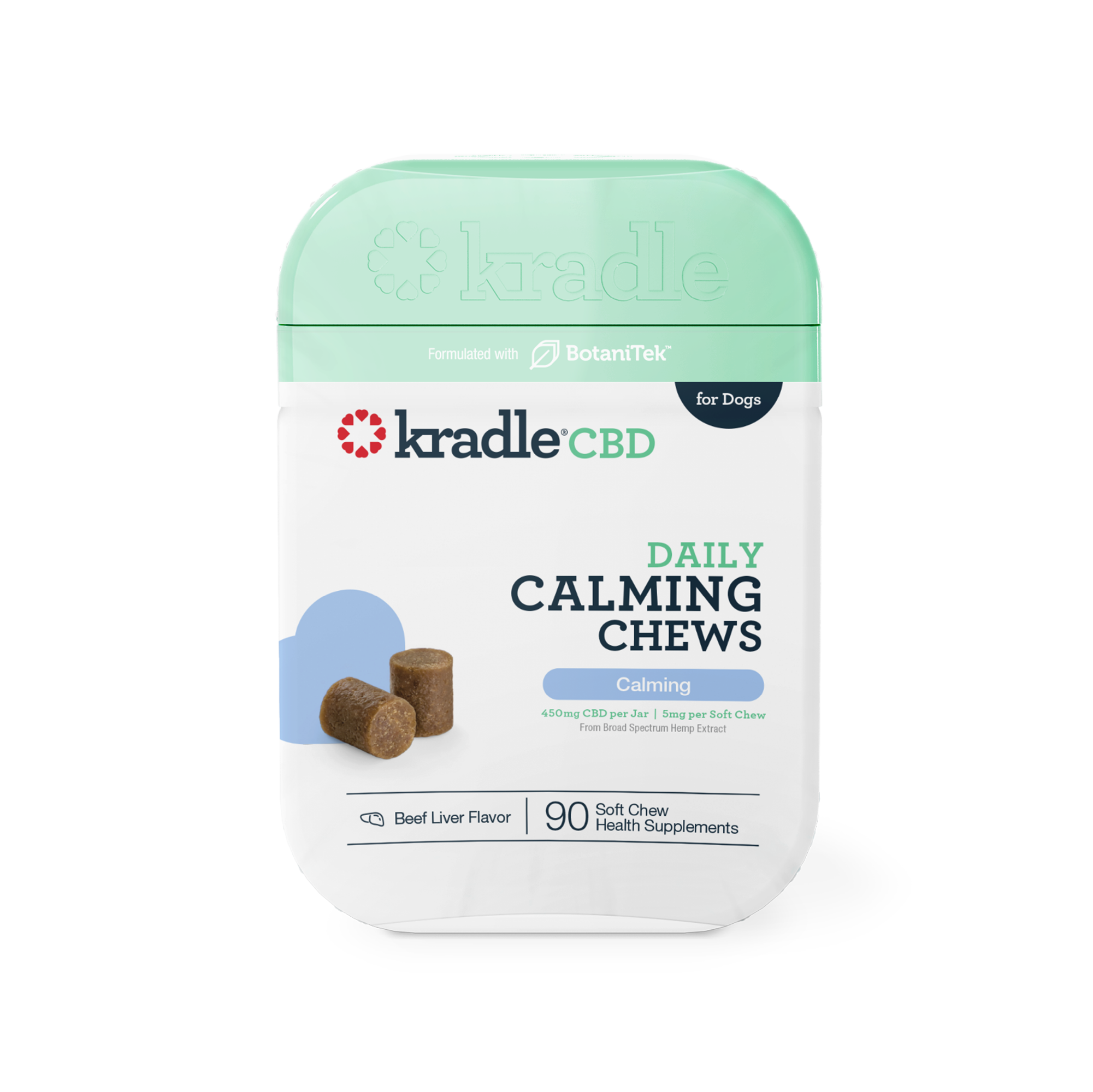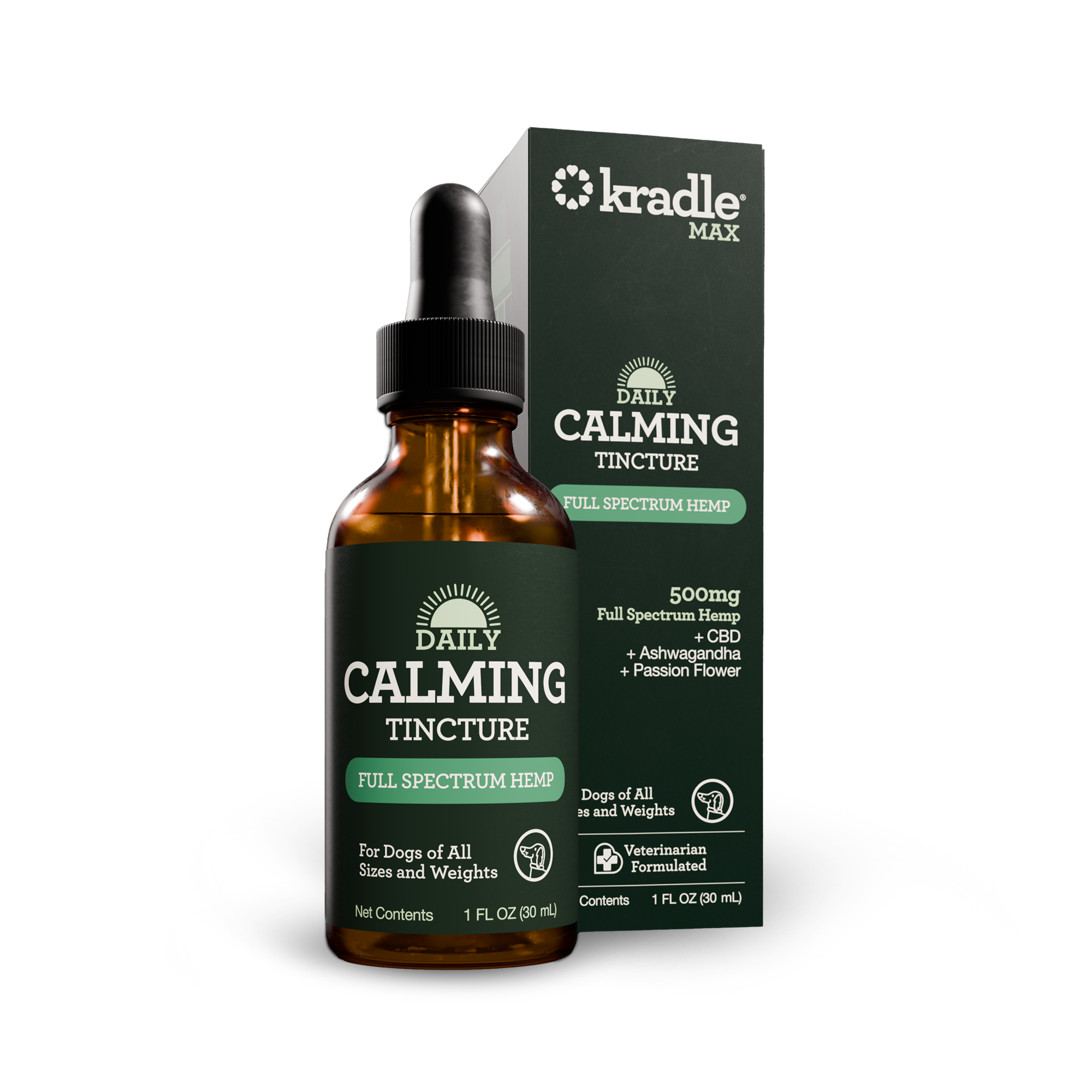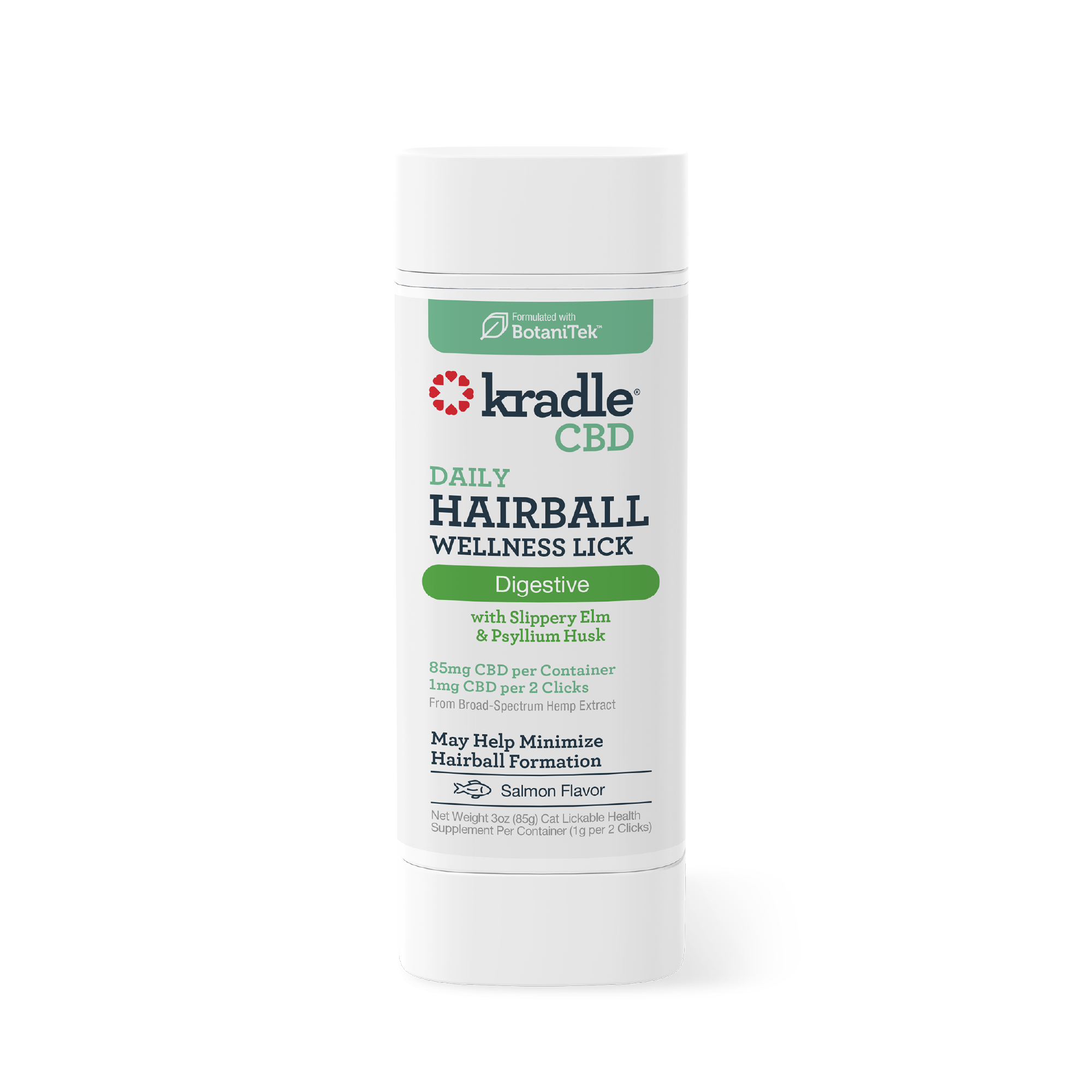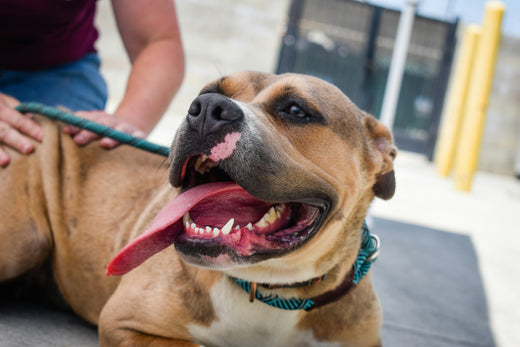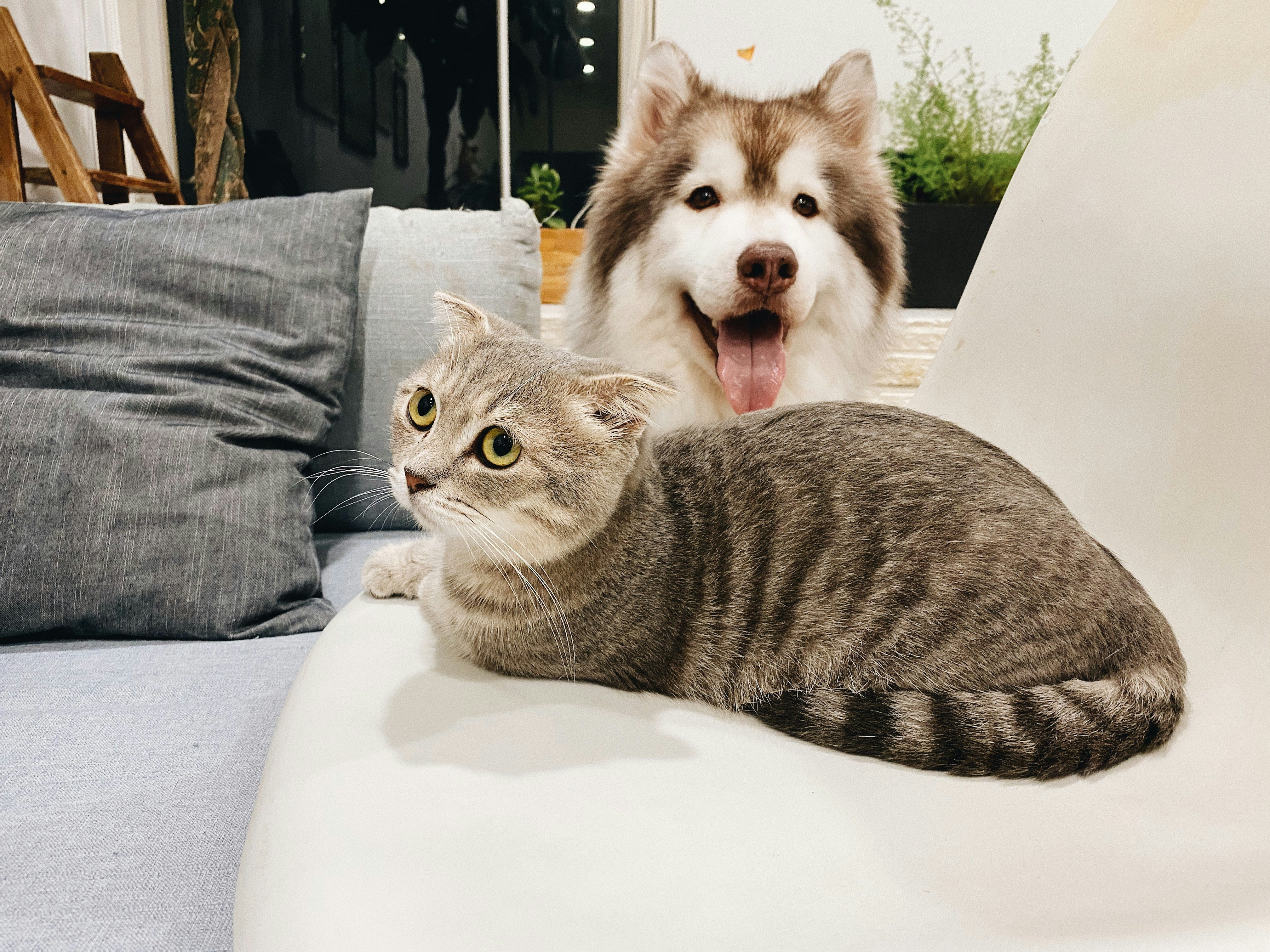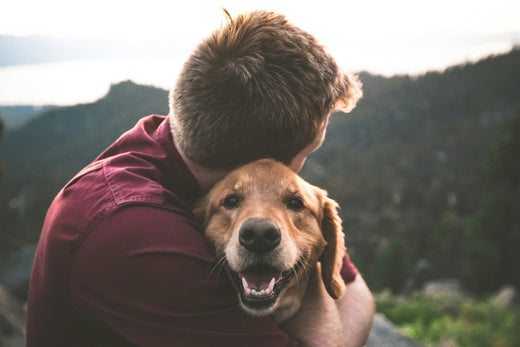
How to Bond with Your Dog
Creating a meaningful connection with your dog involves more than the basics like food and shelter. It's about trust, communication, and genuine companionship. Dogs respond deeply to bonds built through consistency and shared experiences. A strong connection helps your dog feel secure and brings emotional fulfillment to you as the owner. Whether you're just starting out with a new puppy or looking to reconnect with your longtime pal, discovering how to bond with your dog and simple ways to bond with your dog can bring lasting joy and understanding.
Ways to Bond with Your Dog

Understanding Your Dog’s Needs and Behavior
Great relationships begin with understanding. Dogs express themselves through posture, movement, and sound. Paying attention to these signals helps create a supportive environment and builds trust.
Things to notice:
-
Tail motion and body language that may signal excitement or nervousness
-
Eye contact and posture that show comfort—or discomfort
-
Barking, whining, or other sounds that convey different needs or emotions
Every dog has their own personality, shaped by age, breed, and experience. Some dogs are naturally more affectionate, while others prefer independence. The key is recognizing your dog’s preferences and adjusting how you interact.
Build this awareness through regular observation. Notice how your dog reacts to new people, sounds, or environments. Keeping a mental note of their comfort zones helps you respect boundaries and reinforce safety and affection.
Spending Quality Time Together

Play is more than fun—it’s essential for bonding. Activities like fetch, hide-and-seek, or chew toys encourage positive engagement and create shared memories.
Short bursts of play throughout the day also provide mental stimulation, which prevents boredom-driven behaviors. Try new games every few days to keep your dog excited and curious.
Exercise and Outdoor Activities
Time outside is one of the most effective ways to bond with your dog. Walks, hikes, or jogs give your dog a chance to explore while building trust with you. Shared experiences like camping with dogs offer a deeper level of connection in unfamiliar surroundings.
Let your dog lead sometimes—allowing them to sniff, pause, or choose the path boosts confidence and makes the walk more enriching.
Snuggle Time
Not all bonding is high-energy. Quiet time together—brushing, cuddling, or sitting close—helps your dog feel secure. Many dogs crave touch, and consistent closeness strengthens emotional ties.
Routine snuggle time before bed or during downtime also creates predictability, reinforcing your role as a source of peace and comfort.
Training and Learning Together
Training provides structure and a way to connect. Use positive reinforcement and short sessions to encourage learning. Dogs that understand your cues build confidence and feel more in tune with you.
Keep sessions upbeat and consistent. This helps your dog view training as a fun, trust-building activity.
Try teaching practical and fun commands like "touch," "spin," or "go to your bed." These boost focus while adding variety to your routine.
Building Trust and Connection
Trust is built through steady, kind behavior. Stick to a routine for meals, walks, and play. Avoid harsh discipline—reliable, predictable responses show your dog that they can count on you.
Providing safe zones where your dog can retreat when overwhelmed also strengthens trust. Dogs bond best with those who offer them calm and support.
When your dog makes a mistake, redirect them gently. Over time, this teaches them they are safe even when learning.
Engaging in Fun, Shared Activities
Everyday life offers opportunities to strengthen your bond. Try nose games, puzzle toys, agility work, or simply a car ride together. Giving your dog small jobs, like carrying a toy or responding to cues, can deepen their connection with you.
Mix things up—varied activities prevent boredom and help your dog look to you for enrichment.
Even joining them on the floor for interactive play creates a stronger emotional link. Shared attention and joy reinforce your presence as a trusted partner.
Overcoming Challenges Together

Dealing With Behavioral Issues
Misbehavior is often a response to stress, lack of stimulation, or confusion. Instead of frustration, approach these challenges as opportunities to grow closer.
Use positive feedback to redirect unwanted behavior. Stay calm and consistent. If your dog seems nervous or overly reactive, check for signs of stress or anxiousness in dogs. A steady routine and calming products like CBD pet products can help.
Track your dog’s behavior in a journal if needed—it can help you identify patterns and causes. Recognizing root issues shows empathy and encourages progress.
Health and Wellness
Healthy dogs are happier and more engaged. Keep up with vet checkups, maintain a balanced diet, and provide daily exercise. Watch for changes in appetite, behavior, or coat—these can be signs of discomfort.
Physical well-being supports emotional bonding. If your dog becomes overheated, be sure you know how to calm a panting dog to help them relax and recover.
Include regular grooming, massages, and stretching as bonding moments that also serve their health.
Enriching Your Connection Beyond the Basics
Advanced Training and Dog Sports
Once your dog is confident with basic commands, explore new skills. Agility training, scent games, or teaching tricks challenge your dog in fun ways and strengthen your teamwork.
These activities foster collaboration and keep your dog mentally stimulated—all while reinforcing your relationship.
You might even join local dog clubs or group classes. These structured environments help your dog socialize and improve obedience while spending focused time with you.
The Role of Socialization
Dogs benefit from exposure to different environments, people, and other dogs. Gradual socialization builds confidence and trust in both you and the world.
Start with calm places, then progress to parks or group classes. Controlled, positive experiences help your dog stay balanced and open to new situations.
Reward calm behavior and provide breaks when needed. Proper socialization also improves behavior, especially in unfamiliar settings.
The Lifelong Journey of Companionship
Adapting to Life’s Changes
As dogs grow, their needs evolve. Puppies may need lots of play, adults often require structure, and seniors benefit from gentler routines.
Adapting your care to match their life stage shows your ongoing commitment. Responding with patience and awareness strengthens your connection through the years.
Take note of changes in stamina, vision, or appetite. Making adjustments in how you play or walk together shows you're tuned in and devoted.
Celebrating the Bond
Every day is a chance to appreciate your dog’s presence. Whether it’s an extra belly rub or a new walk route, shared routines keep your bond strong.
Special occasions—like birthdays or adoption days—are perfect for reflection and joy. Consider rewarding your dog with dog chews for promoting a calming effect or promoting relaxation during quiet bonding moments.
You can also create keepsakes, like photo albums or paw-print crafts, to celebrate the unique connection you share.
Consistency and presence matter. Continue daily walks, regular play, and gentle affection—even when life gets hectic. These moments keep your connection alive.
As your dog ages or life changes, stay engaged. Adapt routines as needed and always find new ways to share quality time.
Consider introducing new challenges or toys every few weeks to keep engagement high. The bond you’ve built thrives on mutual curiosity and love.
Need more helpful insights? Subscribe to Kradle My Pet for tips, support, and real stories from fellow dog lovers.
FAQs: Bonding with Your Dog
How long does it take to bond with a new dog?
It varies. Some dogs bond in days, others need weeks or longer. Consistency, calm routines, and positive reinforcement help build trust faster.
Can I bond with a dog that’s shy or anxious?
Yes. Offer gentle interactions and let the dog come to you. Avoid overwhelming them and reward small signs of trust.
What are some signs that I’m bonding with my dog?
Look for tail wags, relaxed posture, close following, and attention to your voice or cues—these show they trust and enjoy your company.
How do I bond with a dog who is very independent?
Let them lead. Respect their space while offering low-key activities like short walks or parallel play. Gradually, connection builds.
Can bonding activities help if my dog is misbehaving?
Absolutely. Many behavior issues come from unmet needs. Structured bonding through play and training builds trust and reduces problem behaviors.

